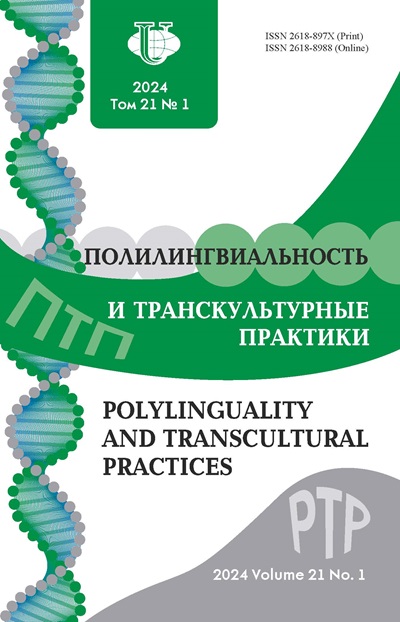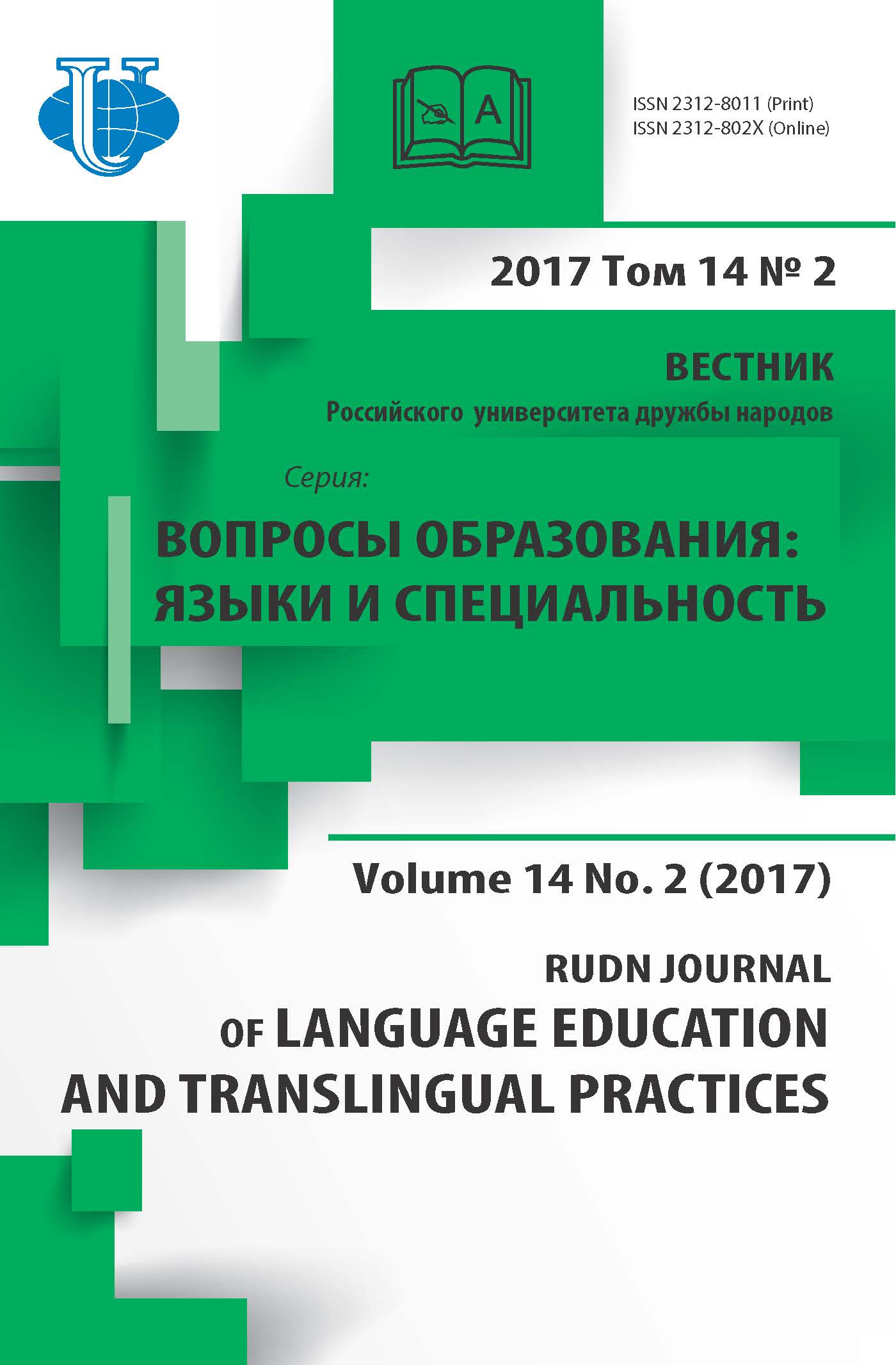COLLABORATION WITH PARENTS IN BILINGUAL ACQUISITION
- Authors: Protassova E.Y.1
-
Affiliations:
- University of Helsinki
- Issue: Vol 14, No 2 (2017)
- Pages: 267-275
- Section: ARSENAL
- URL: https://journals.rudn.ru/polylinguality/article/view/16566
- DOI: https://doi.org/10.22363/2312-8011-2017-14-2-267-275
Cite item
Full Text
Abstract
Parents of bilingual children are the main agents of the early development of their languages during the first socialization, while day care and school catch up during the second socialization. Parents want to have an expert advice from the pedagogical staff and try to influence and control the process of language acquisition. The article deals with parents’ attitudes and the ways to make adults in child’s surroundings collaborate with each other. It demonstrates the international and the Finnish experience of partnerships between home, kindergarten and school in multilingual settings and its results for the balanced use of languages. The study shows how the Finnish-Russian parents understand their goals concerning the wellbeing of children and what they are ready to invest in interactions with the educational institutions.
About the authors
Ekaterina Yu Protassova
University of Helsinki
Author for correspondence.
Email: ekaterina.protassova@helsinki.fi
Doctor of Pedagogical Sciences, Candidate in Philology, Department of Modern Languages, University of Helsinki, Finland
PO Box 24, 00014 University of Helsinki, FinlandReferences
- Protasova E.Yu., Rodina N.M. Interkulturnaya pedagogika mladshego vozrasta [Intercultural Pedagogy of the Early Childhood]. M.: Forum, 2011. 400 s.
- Byram M. From foreign language education to education for intercultural citizenship: Essays and reflections. Clevedon: Multilingual Matters, 2008. 288 p.
- Pollmann A. Habitus. Reflexivity and the realization of intercultural capital: The (unfulfilled) potential of intercultural education. Cogent Social Sciences. 2016. No. 2. 1149915.
- Grebelsky-Lichtman T. Parental Response to Child’s Incongruence: Verbal versus Nonverbal Primacy in Parent-child Interactions. Communication Monographs. 2015. V. 82. No. 4. P. 484—509.
- Boult B. Ways to Involve Parents. Practical Strategies for Partnering with Families. Thousand Oaks. CA: Corwin, 2016. 147 p.
- Novitskaya A. Vospitaniye detey i rol roditeley [Parenting and the role of parents]. Helsinki: Väestöliitto. 2005. 28 s.
- Keyser J. From Parents to Partners: Building a Family-Centered Early Childhood Program. St. Paul. MN: Redleaf, 2006. 155 p.
- Porter L. Teacher-parent Collaboration: Early Childhood to Adolescence. Victoria: ACER, 2008. 262 p.
- Protasova E. (red.) Mnogoyazychiye i sreda [Multilingualism and the environment]. Berlin: Retorika, 2017. 231 s.
- Jernigan С. Family Language Learning. Learn Another Language. Raise Bilingual Children. Bristol: Multilingual Matters, 2015. 200 p.
- Vakhtin N.B. (red.) Yazyki sosedey: mosty ili baryery? Problemy dvuyazychnoy kommunikatsii [Languages of neighbors: bridges or barriers? Problems of bilingual communication]. SPb.: Izdatelstvo Evropeyskogo universiteta v Sankt-Peterburge, 2011. 306 s.
- Mustajoki A., Protassova E., Vakhtin N. (eds.) Instrumentarium of Linguistics: sociolinguistic approaches to the Non-Standard Russian. Helsinki: University of Helsinki, 2010. 457 p.
- Epstein J.L. School, family and community partnerships: Preparing educators and improving schools. Bouldre. CO: Westview Press, 2015. 656 p.
- Lawrence-Lightfoot S. The essential conversation: What parents and teachers can learn from each other. New York. NY: Ballantine books, 2004. 256 p.
- Ward U. Working with parents in the early years. London: Sage, 2013. 142 p.















